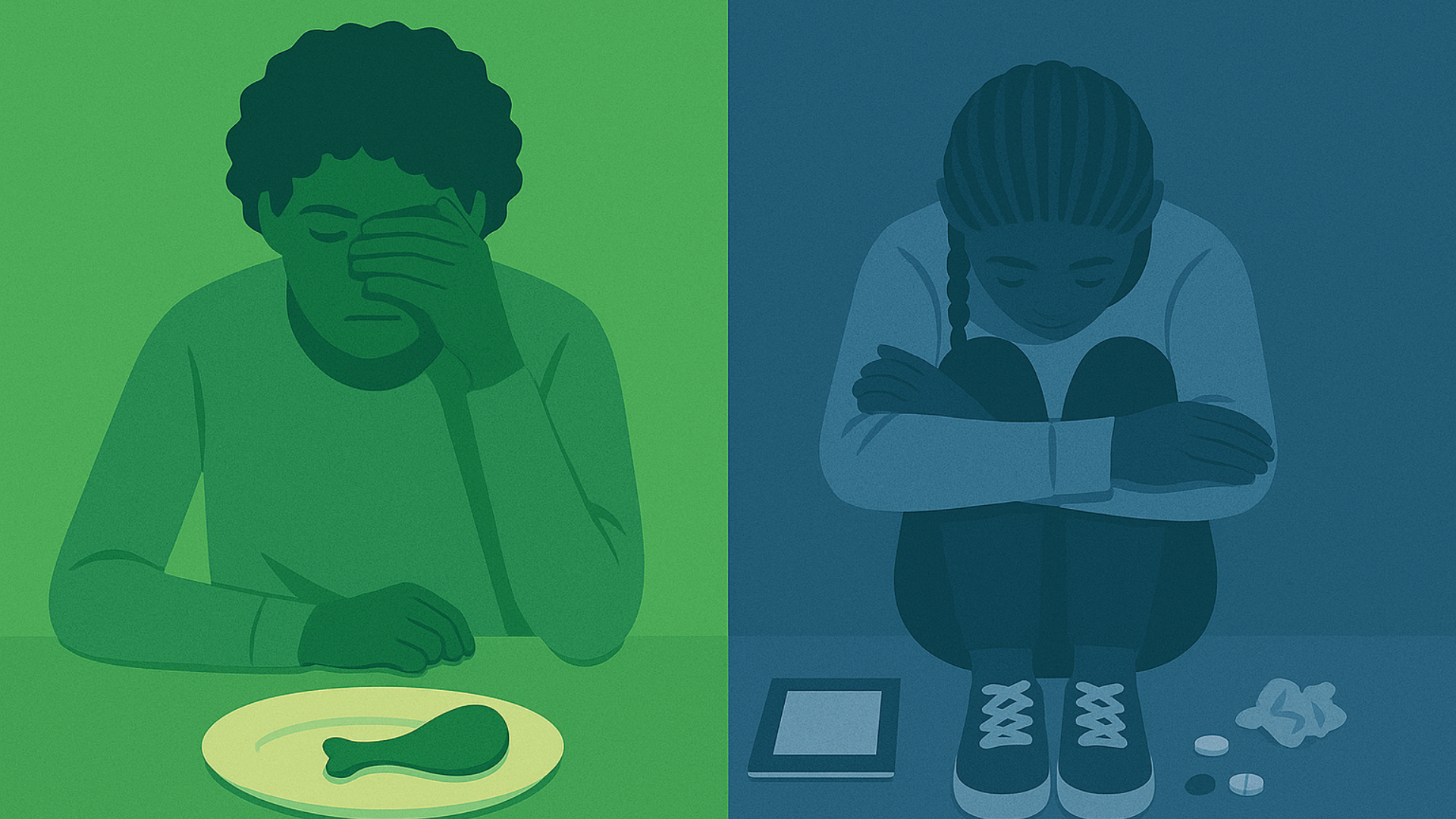Exposure and Response Prevention (ERP) Therapy Q&A with Lynn Carver, LCSW

What is OCD? What other disorders are related to OCD?
Obsessive-Compulsive disorder is listed in the Diagnostic and Statistical Manual V (DSM-V) within the classification of anxiety disorders. People with OCD struggle with unwanted thoughts and threats of doom if they don’t engage in repetitive and sometimes senseless rituals. It is not rare: about one in 40 people meet the criteria for OCD at any given time. Other disorders in the classification of Anxiety disorders include Generalized Anxiety Disorder, Separation Anxiety Disorder, Selective Mutism, Specific Phobias, Social Anxiety Disorder, Panic Disorder, Agoraphobia, and Substance/Medication-Induced Anxiety Disorder.
What is ERP and how does it help in the recovery of individuals with OCD and anxiety disorders?
ERP stands for Exposure and Response Prevention therapy and is considered the gold standard of treatment for OCD and related disorders. This treatment modality results in changes in the brain that help people with OCD manage their symptoms more effectively. By exposing clients to their core fears and preventing compulsive behaviors used to cope, neural pathways in the brain are strengthened resulting in habituating the brain to previously distressing thoughts and fears. Their fear will become less intense over time, allowing the client to live a freer life.
How effective is ERP in treating individuals with OCD and anxiety disorders?
Various studies have shown that between 50-80% of people who receive ERP will show significant and lasting improvements. Favorable outcomes are also associated with pharmacotherapy (medication) being utilized in conjunction with ERP. Some studies have indicated that when individuals do not benefit from ERP, it is often due to prematurely stopping the treatment. The benefits of OCD are positively impacted when clients are willing to be exposed to the distressing stimuli.
What makes Thrive’s approach to treatment unique?
Thrive’s approach to all treatment programs is to treat the whole person. We are able to provide wrap-around services to clients including primary care, psychiatry, intensive outpatient programming, partial hospitalization programming, case management and outpatient therapy resources. Thrive Wellness is committed to providing in-house training of all clinical staff in treatment modalities that benefit our clients. Some of these modalities include Cognitive Behavioral Therapy, Eating Disorders treatment, Dialectical Behavior Therapy, Exposure and Response Prevention, and Trauma-Informed Care.
Why did Thrive launch an adult program?
Thrive Wellness is committed to meeting the behavioral health needs of the Reno/Sparks community by providing programs and services that are not otherwise available in the community.
Who could benefit from participating in this program?
If you or a loved one struggles with anxiety disorders that impede living life fully, including difficulty meeting role obligations for work or family, leaving the home, completing activities of daily living, avoidance of social situations, etc., call for an assessment today!
What does a typical day in the program look like?
Each day in ERP programming involves a check-in for current subjective distress, values clarification, extended exposure period, a nutrition break, and group therapy. In addition, all clients will be established with a primary therapist who will do weekly individual and/or family therapy to reduce environmental accommodation of obsessions and compulsions.
How can someone enter this program?
Anyone interested in participating in the program can call our Client Experience Team at (775) 525-8103 and ask to speak to an Admissions Specialist. The Admissions Specialist will help guide all potential participants through the intake process.
How can a clinician refer?
Similarly, clinicians in the community can refer by contacting Thrive Wellness directly by phone at (775) 525-8103 or email at info@thrivehere.com.








